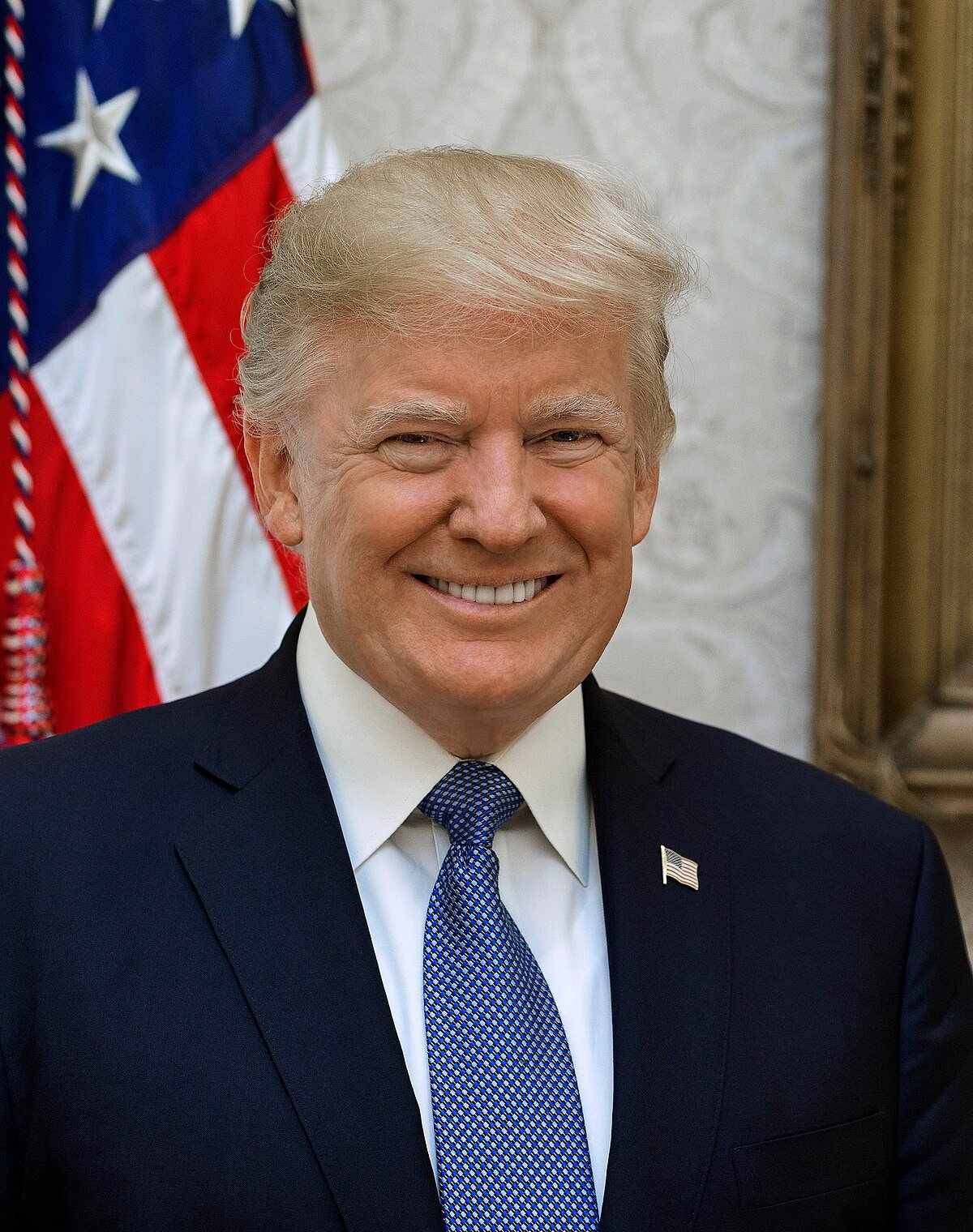UNITED STATES OF AMERICA: In a recent shift in trade policy, President Donald Trump agreed to pause the imposition of tariffs on Mexican imports for one month. The decision comes after negotiations between U.S. and Mexican officials, who worked diligently to find common ground on issues related to immigration and border control. The tariffs, which were initially slated to be enforced as a punitive measure against Mexico’s handling of migrant flows, have caused significant concerns within the business and trade communities.
The delay is seen as a temporary reprieve for both nations, providing an opportunity to address underlying issues while avoiding the economic fallout that could result from the tariffs. U.S. businesses that rely heavily on imports from Mexico, particularly in industries like automotive manufacturing, agriculture, and electronics, have welcomed the decision, as tariffs could drive up costs for American consumers and disrupt trade relationships.
Trump’s administration has insisted that the pause is contingent on Mexico’s continued cooperation in curbing illegal immigration. The U.S. government has demanded that Mexico take more aggressive actions to stem the flow of migrants heading towards the U.S. border, including measures to improve border security and increase asylum processing capacities. The Trump administration has indicated that it is prepared to revisit the tariff issue if Mexico fails to meet these demands.
For Mexico, the tariff pause offers a brief moment of relief. However, officials have expressed concerns over the long-term sustainability of the trade relationship with the U.S. The uncertainty surrounding future tariffs remains a pressing issue for the Mexican economy, and both governments are expected to continue their talks in the coming weeks to ensure that a more lasting solution is reached, potentially affecting trade flows and diplomatic ties between the two nations.



